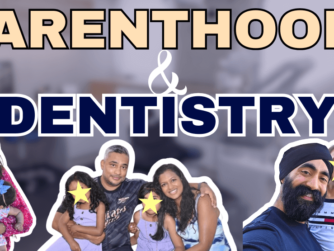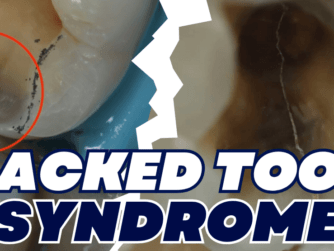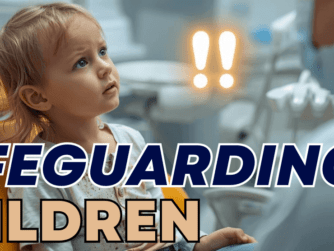Podcast: Play in new window | Download (Duration: 40:39 — 58.3MB)
Subscribe: RSS
I am joined by Dr. Stephen Hudson of Dental Law and Ethics Blog
Protrusive Dental Pearl:
Once you are in the group, this is the post with the download:

In this episode we cover:
- Who can call themselves an ‘Expert’ and why it’s stupid
- Who was Montgomery and why did they have such an impact on our profession?
- Where do you draw the line in terms of ‘explain every single option’
- If you feel uncomfortable treating this patient – how can you tell your patient?
- Consent forms – are they really necessary?
- What happens when a child attends with the father, not with the mother?
- Under age Teeth Whitening – would you do it?
- Do you always need a PA for extractions?
- The GDC says you should make a recommendation – what happens when the patient says ‘No’ to the recommended treatment?
The over arching theme of this episode is the importance of building rapport with your patient!
If you like what you hear, please Subscribe, leave a review on Apple Podcasts and share with a friend who may find it useful!







